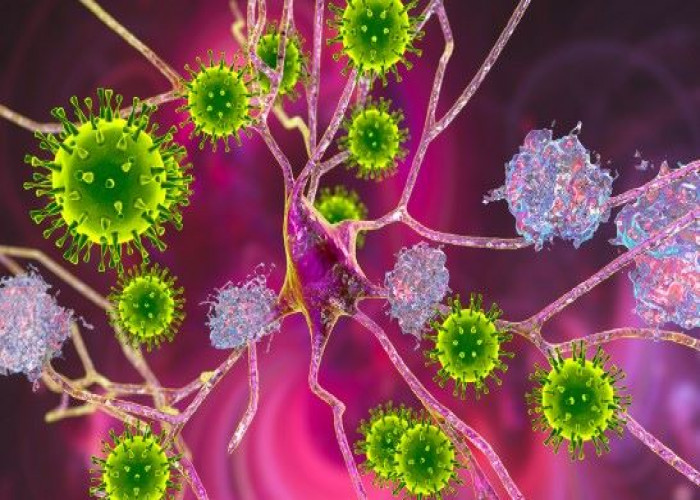 Welcome
Welcome
“May all be happy, may all be healed, may all be at peace and may no one ever suffer."
Frontotemporal dementia
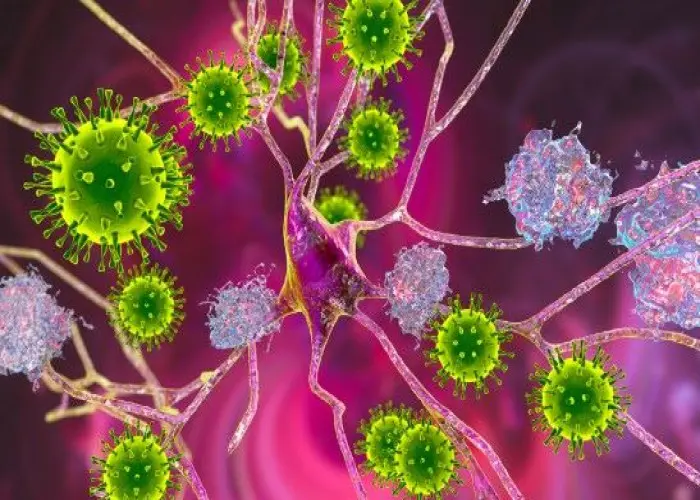
Frontotemporal dementia (FTD) is a type of dementia that affects the frontal and temporal lobes of the brain. The frontal and temporal lobes are responsible for functions such as language, behavior, and emotions.
Symptoms of FTD can vary depending on which area of the brain is affected, but common early symptoms include changes in behavior, such as apathy, disinhibition, or social withdrawal, as well as changes in language, such as difficulty finding words or understanding language. As the disease progresses, symptoms can include memory loss, difficulty with movement, and changes in personality.
The exact cause of FTD is unknown, but it is thought to be related to abnormal protein deposits in the brain. There may also be a genetic component, as FTD can sometimes run in families.
Diagnosis of FTD involves a thorough medical history, neurological examination, and cognitive testing. Brain imaging studies, such as MRI or CT scans, may also be used to help identify areas of the brain that are affected.
There is no cure for FTD, but treatment may include medications to manage symptoms, such as antidepressants or antipsychotics, as well as supportive therapies, such as speech therapy or physical therapy. It is important to work with a healthcare professional to develop a treatment plan that is appropriate for your individual needs.
Research Papers
Disease Signs and Symptoms
- Increasingly inappropriate social behavior
- Having hesitant speech that may sound telegraphic
- Compulsively wanting to put things in the mouth
- A decline in personal hygiene
- Repetitive compulsive behavior, such as tapping, clapping or smacking lips
- Loss of empathy and other interpersonal skills
- Muscle weakness
- Difficulty swallowing (dysphagia)
- Poor coordination
- Eating inedible objects
- Unusual behavior
- Lack of judgment
- At first, cold skin and a prickling feeling
Disease Causes
Frontotemporal dementia
In frontotemporal dementia, the frontal and temporal lobes of the brain shrink. In addition, certain substances accumulate in the brain. What causes these changes is usually unknown.
There are genetic mutations that have been linked to frontotemporal dementia. But more than half of the people who develop frontotemporal dementia have no family history of dementia.
Recently, researchers have confirmed shared genetics and molecular pathways between frontotemporal dementia and amyotrophic lateral sclerosis (ALS). More research needs to be done to understand the connection between these conditions, however.
Disease Prevents
Disease Treatments
There's currently no cure or specific treatment for frontotemporal dementia. Drugs used to treat or slow Alzheimer's disease don't seem to be helpful for people with frontotemporal dementia, and some may worsen the symptoms of frontotemporal dementia. But certain medications and speech therapy can help manage symptoms of frontotemporal dementia.
Medications
- Antidepressants. Some types of antidepressants, such as trazodone, may reduce the behavioral problems associated with frontotemporal dementia. Selective serotonin reuptake inhibitors (SSRIs) — such as citalopram (Celexa), paroxetine (Paxil) or sertraline (Zoloft) — also have been effective in some people.
- Antipsychotics. Antipsychotic medications, such as olanzapine (Zyprexa) or quetiapine (Seroquel), are sometimes used to treat the behavioral problems of frontotemporal dementia. However, these medications must be used with caution in people with dementia due to the risk of serious side effects, including an increased risk of death.
Therapy
People experiencing language difficulties may benefit from speech therapy to learn alternate strategies for communication.
Disease Diagnoses
Disease Allopathic Generics
Disease Ayurvedic Generics
Disease Homeopathic Generics
Disease yoga
Frontotemporal dementia and Learn More about Diseases

Black hairy tongue

Male hypogonadism

Premenstrual syndrome (PMS)

Athlete's foot
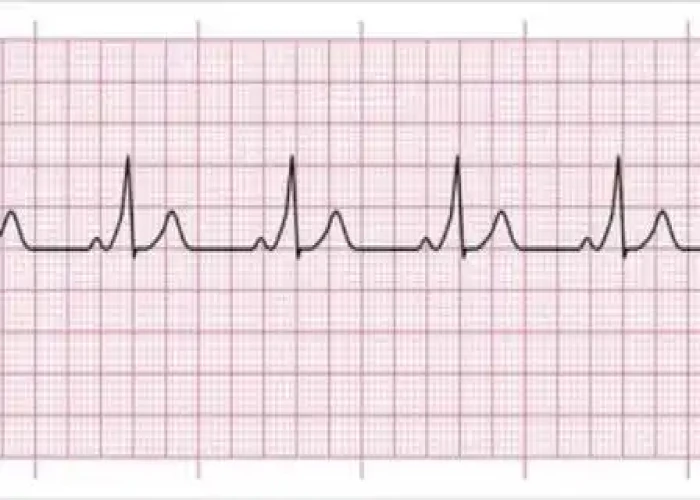
Wolff-Parkinson-White (WPW) syndrome
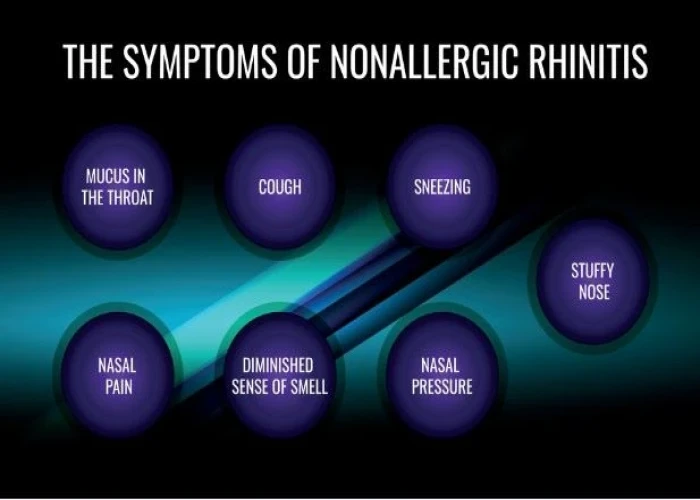
Nonallergic rhinitis

Knee pain
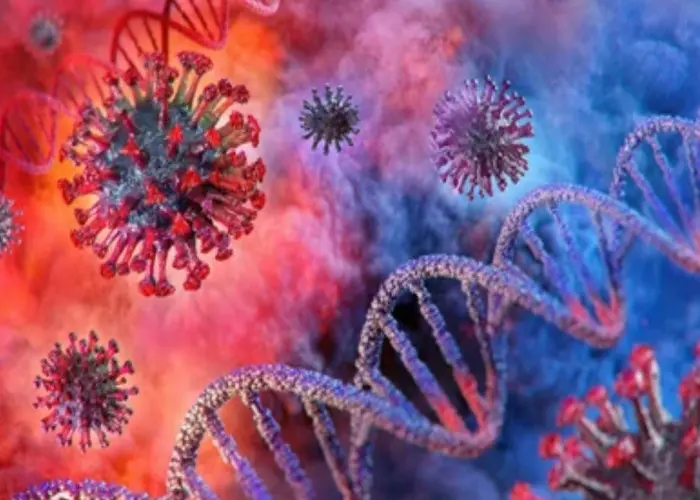
Coronavirus disease 2019 (COVID-19)
frontotemporal dementia, ফ্রোনটোটেমপোরাল ডেমেনশা
To be happy, beautiful, healthy, wealthy, hale and long-lived stay with DM3S.
